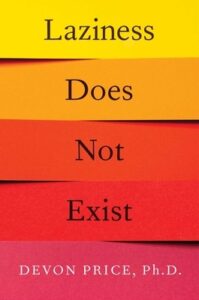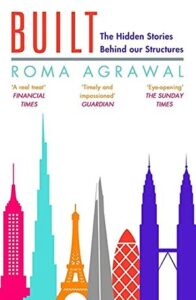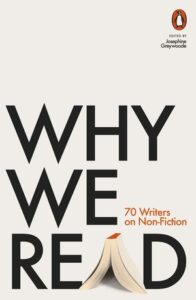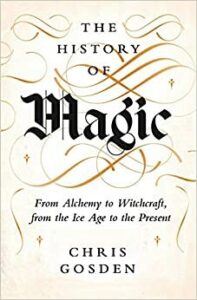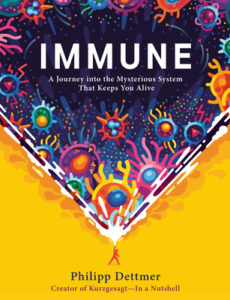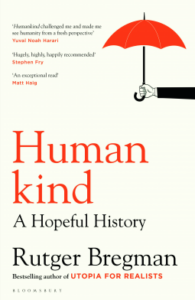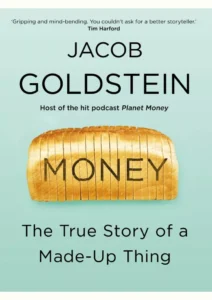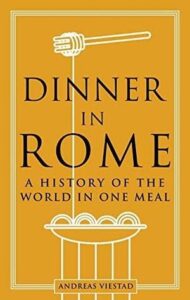 Dinner in Rome: A History of the World in One Meal, Andreas Viestad
Dinner in Rome: A History of the World in One Meal, Andreas Viestad
For a history of the world, this falls a little short. The world looks very much like the Roman Empire here, except a couple of brief nods to prehistoric humans and what they ate. There are whole chapters that mention nothing but the lands previously included in the Roman Empire. I don’t necessarily blame the author for this — it’s his choice, of course, to pick a cuisine he knows, and to pick the particular dish he ate, but it’s quite possibly the publisher’s choice to give it a misleading title. “A history of Europe” might’ve been more accurate.
Which is not to say I disliked the book as a whole: I enjoy the idea of taking an ordinary, everyday thing — like a good meal in a restaurant in Rome — and digging into every aspect of it to find its history. Food is, as Viestad points out, absolutely essential to it, and many people and nationalities build identities around it. (Even erroneously, as he discusses in the case of pasta carbonara, which is not an ancestral Italian dish, but quite possibly a fusion of Mediterranean-style diets with the wants of American soldiers during World War II.) It’s an enjoyable endeavour, and I found reading it very soothing and enjoyable. I do like a good carbonara myself, and Viestad describes his beautifully.
I didn’t even find his autobiographical allusions annoying, because it is useful to see his experience of lemons in the context of his having farmed them and his nostalgia about the lemons on his little, commercially non-viable farm. It’s useful to get the flavour of the restaurant in general, the people, the way Italian diners behave — all of this is part of the picture he’s trying to build up, demonstrating the way food and how we treat food gets ingrained in us.
His sources are not explicitly referenced with numbered footnotes, but he does have a nice sources section (the temptation to call it “Sauces” passed him by) and in general I found it enjoyable: a relaxed history about everyday things.
Just… not a history of the world.



